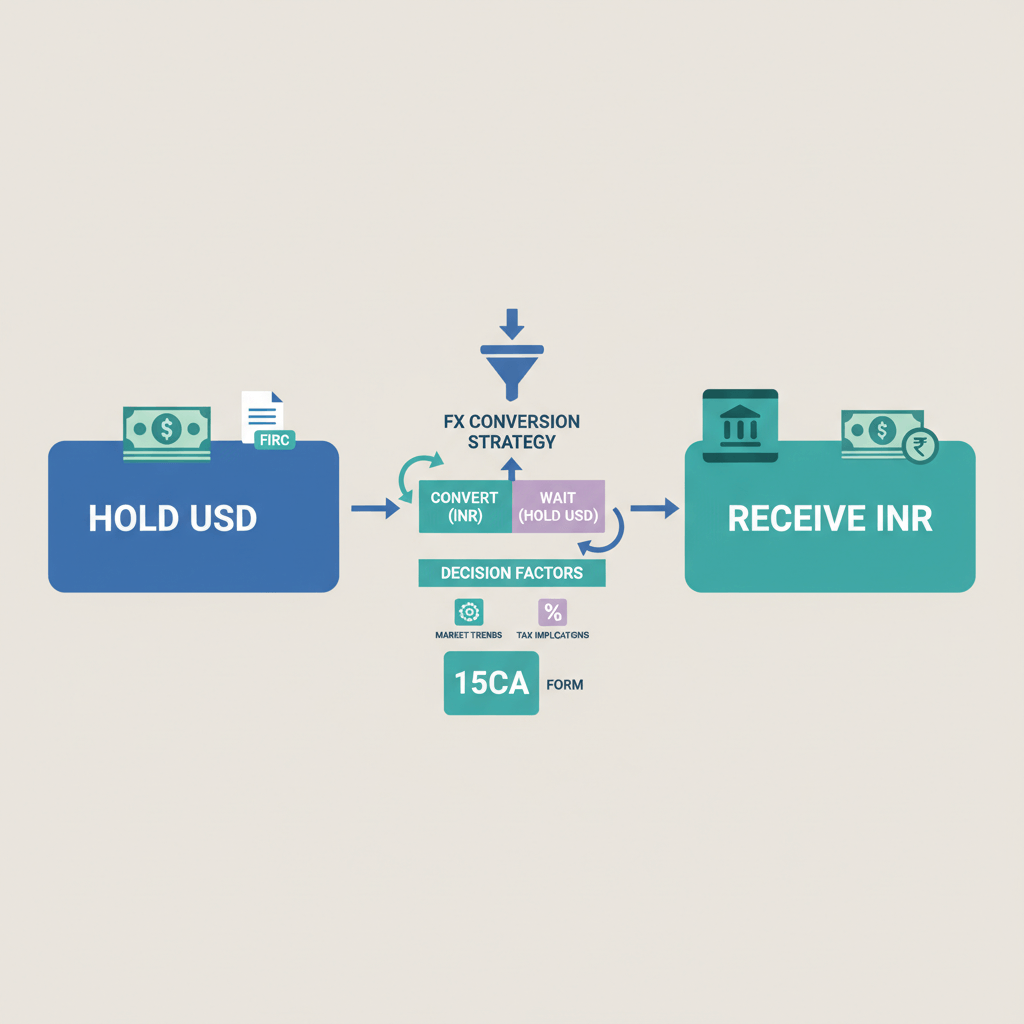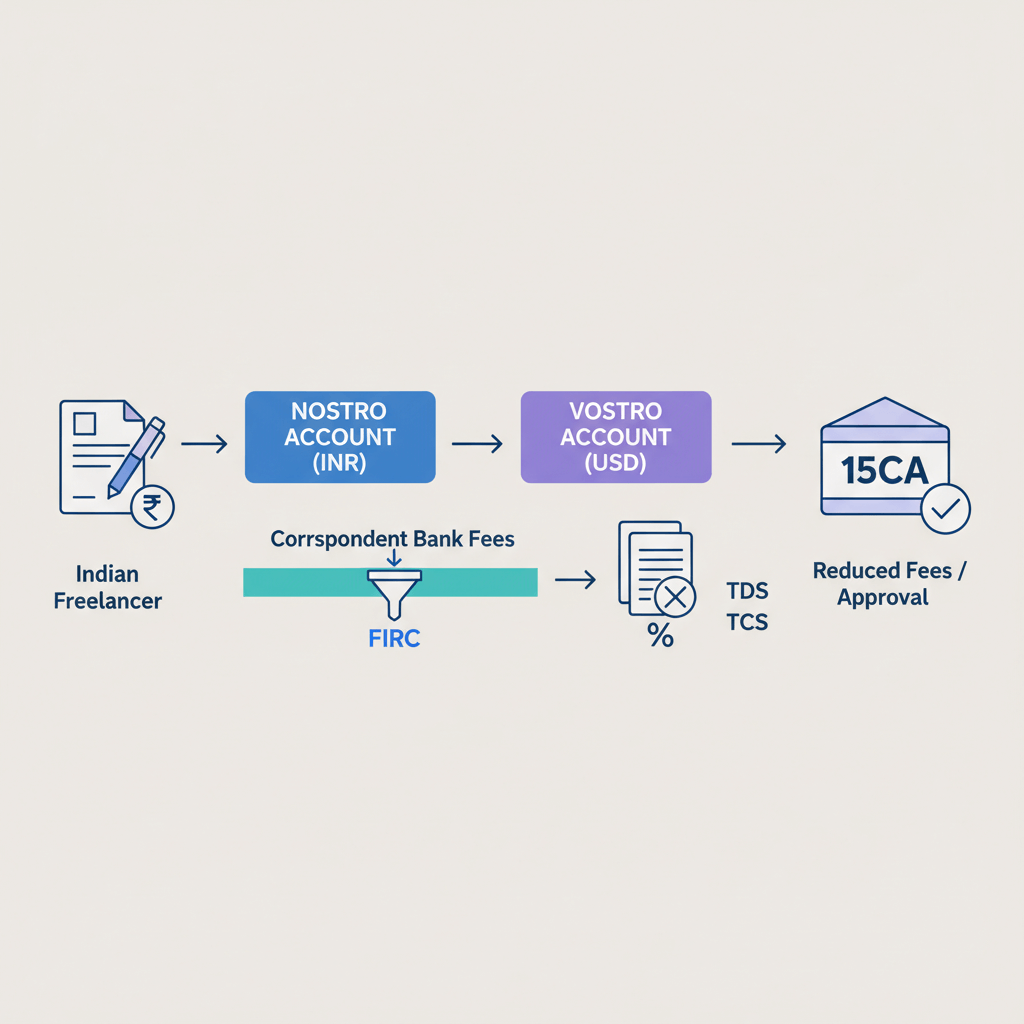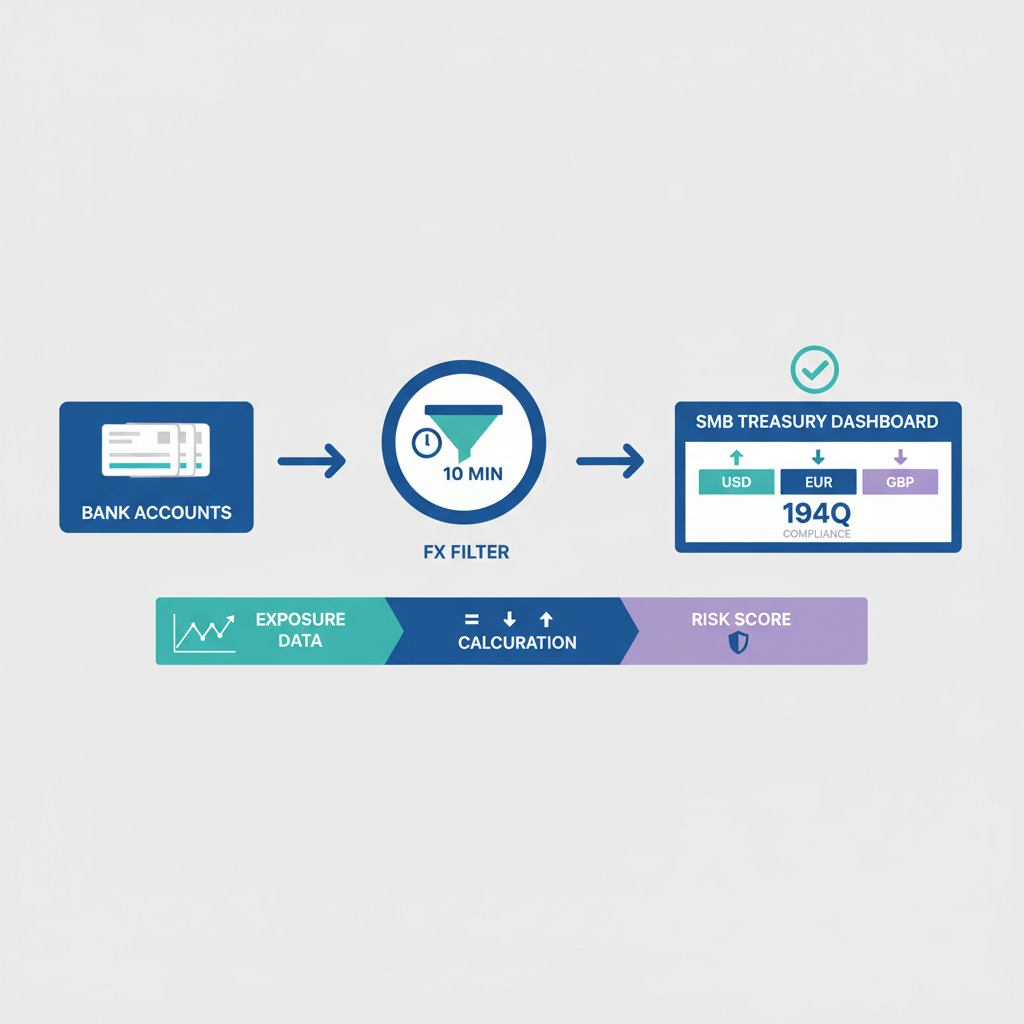Let’s explore opportunities, tailor strategies, and chart a course to financial success together.
International trade can be complex, especially when dealing with the regulatory requirements in different countries. One crucial element that makes things easier is the Import Export Code (IEC). This article explains what the IEC Code is, its importance, and how to obtain one for your business.
What is an Import Export Code or IEC code?
An IEC number is a 10-digit number issued to a company by the Directorate General of Foreign Trade in India. It is very significant for those who are interested in cross-border trade. Unlike PAN or GSTIN, it is specialized for international trade purposes, including customs clearance and fund transfers.
How to Register for an Import Export Code
Acquiring an IEC is a straightforward process. Follow the steps below:
Step 1: Register Your Business
Create an account on the DGFT website and provide your business details. Submit the necessary documents (listed below) in the prescribed format.
Step 2: Pay the Fee
The application fee for IEC code registration is INR 500.
Step Three: Submit the Application.
Before submitting, take a moment to double-check your application for accuracy. Once you’ve confirmed everything is correct, you can follow up on the status of your application through the DGFT portal. After your application is approved, you will be able to download your IEC certificate directly from the portal.
Finally, with your IEC in hand, you can use it for customs clearance, international payments, and various other trade-related activities.
Documents Required for IEC Registration
Here is a table explaining the documents required for IE code registration.
Understanding the IEC Code Format
The Import Export Code, also known as IEC, was a 10-digit number that was issued by the Directorate General of Foreign Trade (DGFT) to businesses in India.
Although there was no such predefined "set" format, such as 0512XXXXX, the code was always a 10-digit number and was arbitrarily assigned by the DGFT. However, under the new GST regime, IEC code is same as the PAN number of the business these days.
IEC Code Example
For instance, an Importer Exporter Code might be 1234567890. The IEC is a unique, randomly assigned 10-digit number given to a business entity while registered in the Directorate General of Foreign Trade. The IEC number is a one-time registration, meaning once issued, it does not need to be renewed unless there are major changes to the business (such as a change in company name or address). Please note that under the new GST regime, PAN number is identical to the IEC number.
Is a GST certificate required to get an Import Export code?
The connection between the Goods and Services Tax (GST) and the Import Export Code (IEC) in India is not direct.
GST (Goods and Services Tax) is a consumption-based tax levied on the supply of goods and services within the geographical boundaries of India. While it is not directly associated with the IEC (Import Export Code), GST applies to businesses engaged in the provision of goods or services, encompassing those participating in import and export operations.
When goods are imported into India, GST is levied on the imported items during the customs clearance process.
Make Note: This business tax on the remittance process is separate from the IEC's realm, as the IEC primarily focuses on the identification and regulation of importers and exporters, ensuring compliance with international trade regulations.
Exemptions from Obtaining an IEC
In India, certain entities are exempted from obtaining an Import Export Code (IEC). The following categories are typically exempt from the mandatory requirement of an IEC:
Individuals for Personal Use:
Individuals importing or exporting goods for personal use and not for any commercial purpose may be exempt from obtaining an IEC.
Government Departments and Ministries:
Government departments and ministries engaging in import or export activities for official purposes are generally exempt from IEC requirements.
Certain Special Economic Zones (SEZs):
Entities located in Special Economic Zones (SEZs) for specified transactions may be exempt from the IEC requirement.
Diplomatic and Consular Missions:
Diplomatic and consular missions, as well as personnel from foreign embassies and consulates, may be exempt from obtaining an IEC.
Import or Export of Goods for Personal Gifts:
Individuals importing or exporting goods as personal gifts and not for commercial purposes may be exempt from IEC requirements up to a specified value.
Eligibility for IEC Registration
In India, the following entities are eligible to obtain an Import Export Code (IEC):
Individuals: Any individual, including proprietors, can apply for an IEC if they are involved in international trade.
Companies: Entities of various forms, including private limited companies, public limited companies, and sole proprietorships, are eligible to obtain an Import Export
Partnership Firms: Partnership firms have the option to apply for an Import Export Code (IEC) to participate in import and export endeavors.
Limited Liability Partnerships (LLPs): LLPs can obtain an IEC to facilitate international trade transactions.
Hindu Undivided Families (HUFs): HUFs involved in international trade are eligible for an IEC.
Society: Societies, including educational and charitable institutions, can obtain an IEC for international trade purposes.
Joint Ventures: Entities formed through joint ventures, whether with Indian or foreign partners, are eligible for an IEC.
Government Departments: Various government departments may also apply for an IEC if they are involved in import or export transactions.
Benefits of Having an Import Export Code
An Import Export Code provides several benefits that make a business perform better when it comes to international trade. This code helps companies lawfully import and export their goods, providing an avenue for growth and international partnership.
Businesses with an IEC have many advantages, including their eligibility for government incentives. Such incentives include export subsidies that may significantly reduce costs and increase profitability. International payments are very easy with an IEC; thus, it provides smooth transaction channels for companies to get along with foreign clients. Finally, an IEC can help build business recognition and credibility in the global market and establish trust with international partners, and enhance reputation worldwide.
FAQ on IEC code
How to verify your IEC code?
To verify your IEC:
- Visit the ICEGATE website: https://old.icegate.gov.in/EnqMod/.
- Enter your IEC details to check its validity.
- For discrepancies, contact the DGFT for assistance.
Is the Import-Export code the same as the PAN number?
In the past, the IEC code and PAN number were different. But with the introduction of the GST tax scheme, the IEC code provided to a company is the same as it’s PAN number. The business still needs to go through the DGFT application process though.
What are the Fees and Charges for IEC Code?
The IEC Code fee for registration is INR 500. Once issued, an IEC Code is valid for a lifetime. There is no need for renewal or periodic reapplication. However, if there are changes in your business details, you must update your IEC Code to reflect these changes accurately.
How long does it take to get an IEC?
It typically takes a few days to two weeks, depending on the completeness of your application.
Can individuals apply for an IEC?
Yes, individuals can apply if they intend to engage in international trade.
Is the IEC transferable between businesses?
No, the IEC is specific to the business entity it is issued to.
What if I lose my IEC certificate?
You can request a duplicate from the DGFT by providing your application details and proof of identity.
Is the IEC application process entirely online?
Yes, the process is fully digital and completed through the DGFT portal.
Can a business operate without an IEC?
Only if it qualifies for exemptions (mentioned above); otherwise, it is mandatory for import-export activities.
Are there penalties for not having an IEC?
Yes, engaging in import-export without an IEC can result in fines and confiscation of goods.
Having an IEC in hand equips your business with all the necessary expertise to deal with the complexities of international trade. If you are unsure about how to get an Import Export Code, this guide covers everything you need.











